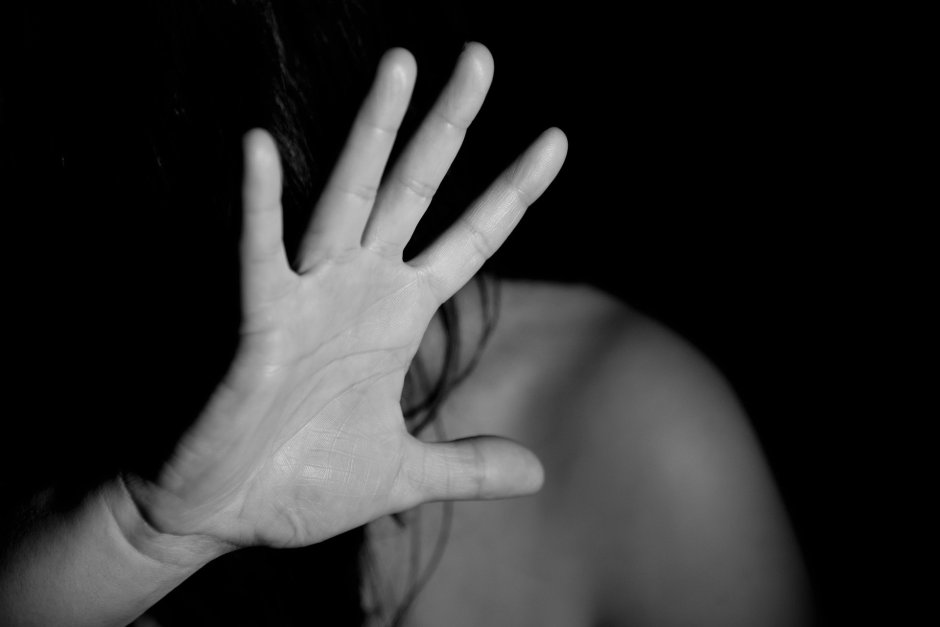Paige Jones considers the ruling of the UKSC in the case of Maughan, which loosened the standard of proof in inquests, and the possible consequences this may have of the Article 2 rights of those in state care.
In the recent UK Supreme Court (“UKSC”) decision in R (Maughan) v Her Majesty’s Senior Coroner for Oxfordshire (Respondent) UKSC 2019/0137 the court held that the standard of proof for determinations of suicide in inquest proceedings is the civil standard on the ‘balance of probabilities.’ Though this may seem like a technocratic or merely procedural change, it could have important implications for the rights of those in state care and for state accountability. Continue reading “Suicides and the standard of proof: Is probability enough?”



